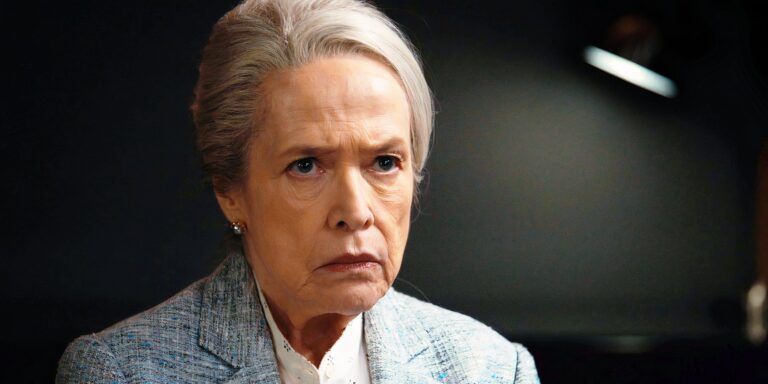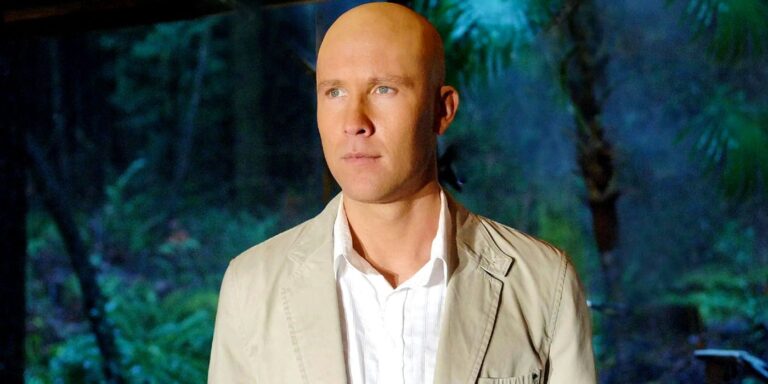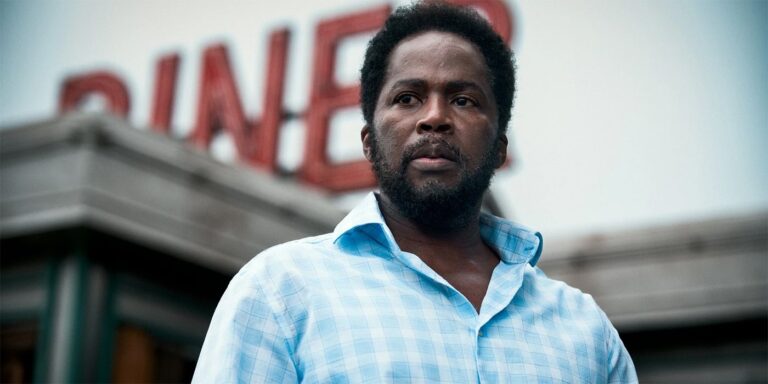The music of the prolific Long Island, NY, pianist, singer, and songwriter Billy Joel began in its infancy in the early ’60s, when, throughout the decade, the young Joel joined up with small bands like the Echoes, the Hassles, and a brief duo known as Attila, none of which achieved any significant critical or commercial success. After Attila quickly disbanded, Joel decided to go solo instead, signing with a record label and releasing his debut LP, Cold Spring Harbor, in 1971.
While Cold Spring Harbor did ultimately have significant Joel hits in “She’s Got a Way” and “Everybody Loves You Now,” the record was improperly mastered and a commercial disappointment (not being technically fixed until 1983, after Joel achieved greater popularity). His following album (1973’s Piano Man) would prove to be Joel’s career breakout (earning him his “Piano Man” nickname), while his 1977 statement record The Stranger fits right in with no-skip rock albums of the decade that every fan of the genre should own.
Currently, a significant illness is keeping Joel from being one of the great rock vets still out touring at the moment, but even off the stage, there is no lack of highlights to enjoy and reminisce on in the artist’s career. Especially when it comes to Joel’s era of prime songwriting, which showed that few could match him, either with the piano or the pen.
1
Piano Man, Piano Man (1973)
A Song Becomes A Persona
Released on a 1973 album of the same name, “Piano Man” is a song describing a time in Joel’s life in the early ’70s when he worked as a piano-lounge singer at the Executive Room bar in Los Angeles. Joel had fled New York due to a record label dispute, and needing to pay the bills as the situation was resolved (while being unable to use his given name), Joel hid out performing as “Bill Martin” for about six months in the establishment.
Related
The Piano Man Billy Joel Himself Has No Doubt About “The Greatest Composer Who Ever Lived”
Some would call Billy Joel the greatest musician who ever lived, but when it comes to the greatest composer, there’s only one option in his mind.
While the track’s details are fictionalized versions of true people and events for Joel at the time, it’s his ability to make them feel real anyway where “Piano Man” shines. The head-swaying piano and growls of harmonica put you inside the bar, while Joel’s gentle, smoke-stained tales of dried liquor and the dried-up dreams of its patrons fill in the rest of the gaps. Even the rhythm of the “Piano Man” chorus feels like a more than tipsy sing-along that a well-oiled group of customers would do while the talent performs. The song is all about atmosphere.
2
We Didn’t Start The Fire, Storm Front (1989)
The Fast-Paced List Story
The roots of creation behind the song “We Didn’t Start the Fire” occurred right around when Joel turned 40 years old. While talking to a young 21-year-old friend of Sean Lennon’s in a recording studio, Joel reminisced about major events he’d recalled happening to himself at the same age. While this friend questioned the uneventful childhood Joel must have had in the ’50s, Joel began thinking of more major occurrences in his lifetime, leading to the beginning structure of “We Didn’t Start the Fire.”
While Joel later spoke unfavorably of the song’s musical structure after its 1989 release, there’s still something undeniably appealing about the musician’s whip-smart, popping word structure against its rock-chug ’80s backbeat. There are brief references to 119 political, cultural, scientific, and sporting events throughout the song (most in chronological order), giving “We Didn’t Start The Fire” a whiplash lyrical recap from the late ’40s to the late ’80s in a way few artists could.
3
Vienna, The Stranger (1977)
A Ballad Of Rumination
A bit overshadowed by some of the bigger songs on 1977’s The Stranger (like “Movin’ Out (Anthony’s Song)” and “Just The Way You Are”), “Vienna” is a quietly understated ballad inspired by a trip Joel took to visit his father in Vienna, Austria. Initially skeptical of the slower and more gradual pace the Viennese took to their lives, Joel was enlightened to realize that life was an entire journey of meaning, rather than just what you can cram into your youthful days.
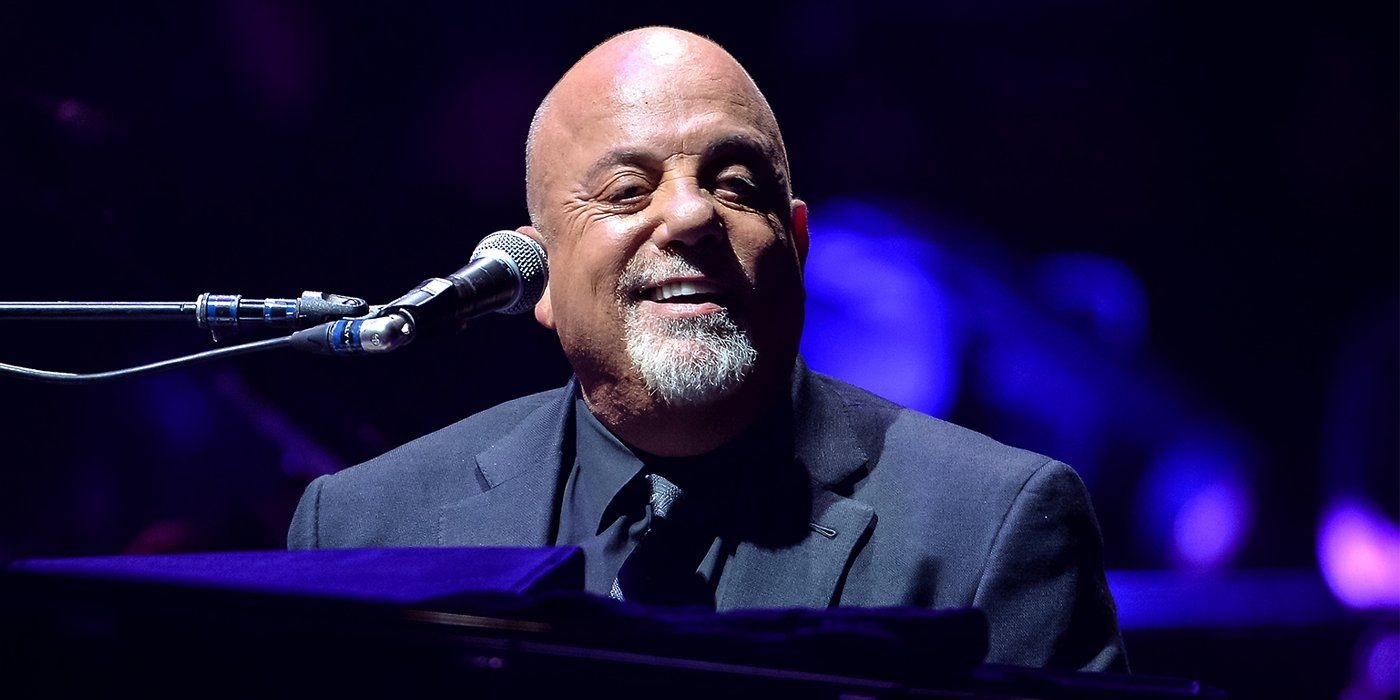
Related
After his tough health news, what’s the best Billy Joel song?
Although I’m probably thinking with a bit too much nostalgia, I think the best Billy Joel song has to be “Scenes From An Italian Restaurant”, with “Vienna” as a close second. “Scenes From An Italian Restaurant” is a miniature show in the way it moves, with several different specific pieces to the iconic puzzle. I think that song could come on anywhere, and I’d stop to sing it.
What follows in the song (especially lyrically) is a wizened take on this enlightenment, with Joel urging the listener to slow down and enjoy the sights and sounds around them, rather than rushing from one point on the map to the other until they run out of time. The artist feels much older than his years during this studio recording, using that gentle piano backing to say Vienna waits for you, and maybe some peace of mind in the little meanings, too.
4
She’s Always A Woman, The Stranger (1977)
Love Songwriting At Its Sharpest Place
Another song out of the deep, creative well Joel was working in during the creation of his album, The Stranger, “She’s Always A Woman,” was written by Joel about his then-wife, Elizabeth Weber (whom he’d later divorce in 1982). It highlighted that, while his partner had her share of difficult personality aspects (in Joel’s mind), he was still infatuated by her endearing charm (and her ironclad ability to manage Joel’s business affairs after he’d made a series of bad deals).
“She’s Always A Woman” (much like “Vienna”) showed off the skillful mastery Joel has long had, boiling down his mindful melodies to bare-bone ballads filled with heart and soul in the lyrics. With the way Joel sings this song, there isn’t even a sense of irritation or frustration with the aspects of this person he finds difficult. His words get down to the heart of his feelings with a gentle and understanding grace, conveying a love story even in the imperfections, which is real life at the marrow.
5
Scenes From An Italian Restaurant, The Stranger (1977)
An Epic Straight Out Of New York City
If the songwriting structure of Bob Dylan met the human storytelling of Bruce Springsteen, the epic musical genre shifts of Queen’s “Bohemian Rhapsody,” and Billy Joel’s knack for inhabiting the heart of New York City scenery, you might have the ingredients necessary to create Joel’s “Scenes from an Italian Restaurant” medley. Another inclusion from The Stranger, but an unavoidable one, given that this is Joel at the creative mountain peak.
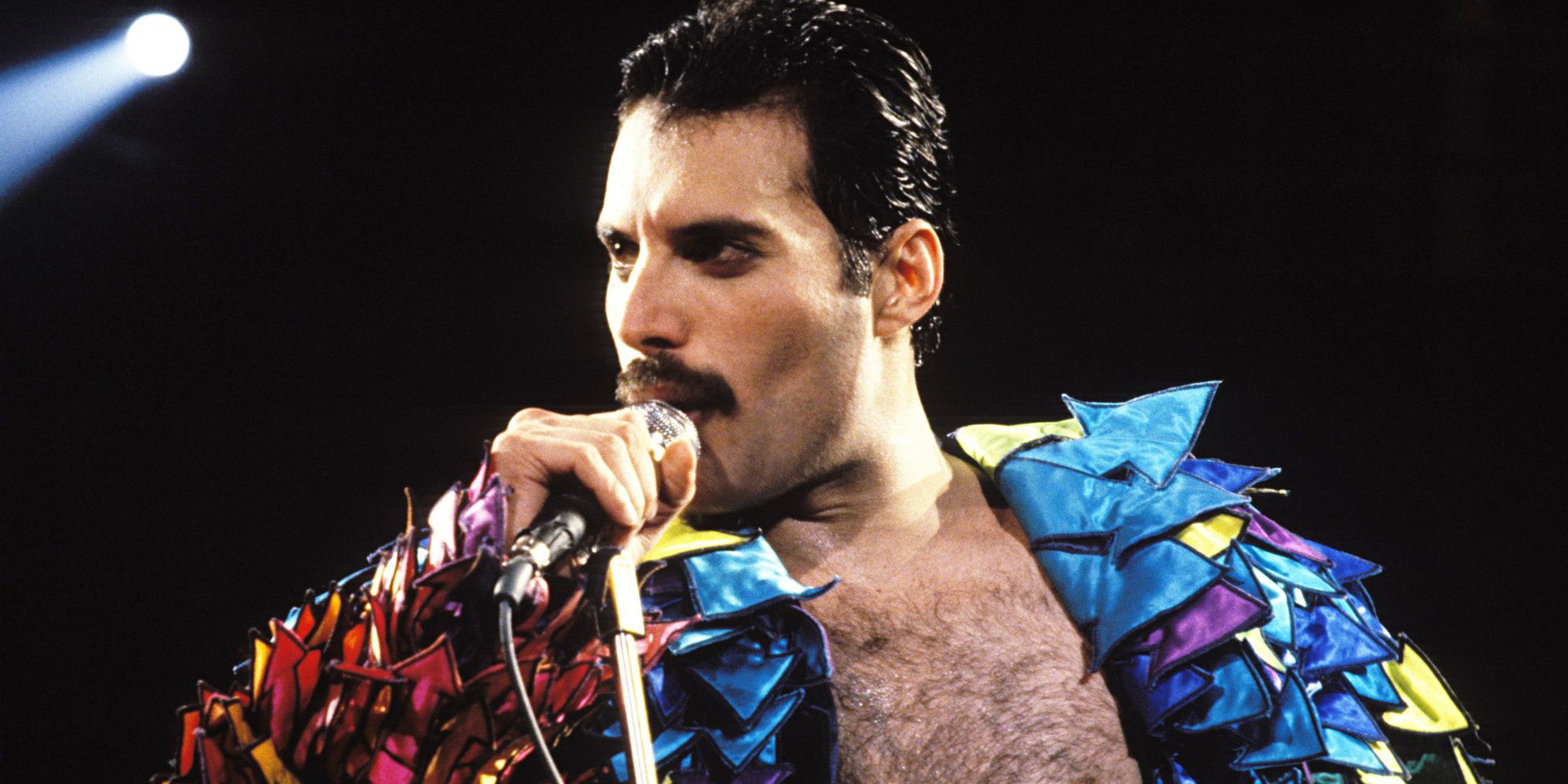
Related
Freddie Mercury Called This Musician “The Greatest” And Even Wrote A Queen Song About Him
Find out what fellow musician Queen frontman Freddie Mercury held in such high esteem, and how he paid tribute after the artist had passed away.
Not only are there five separate sections of different song tempos creating a narrative flow, but Joel meets each beat with his storytelling. There are the New York City scenes, the restaurants and wine, the ballad of its characters Brenda and Eddie, and there’s never a hair out of place. Like “Piano Man,” Joel takes you right into the sounds, smells, lights, and emotions of humanity. “Scenes from an Italian Restaurant” may be fictional, but Joel’s power makes it feel just the opposite.
6
Uptown Girl, An Innocent Man (1983)
An Homage To The Musical Past
Joel embraced a musical style that was a mixture of both the then-contemporary and the pop songs of his youth on his 1983 LP An Innocent Man, with the single “Uptown Girl” being a throwback to the doo-wop and soul/pop vibe of Frankie Valli and The Four Seasons. “Uptown Girl” was inspired by women he was dating at the time (including his soon-to-be wife Christie Brinkley), involving a blue collar narrator trying to “woo” an upper class girl.
While “Uptown Girl” might not be as openly prolific as “Scenes from an Italian Restaurant” or as tender a ballad as “Vienna,” it succeeds on the lyrical basis of being a wildly charming, buoyant, well-crafted pop song. It showed that Joel could be fun as well as serious, including in the “Uptown Girl” music video, which gives off a Grease movie vibe with a dancing tone of uplifting catchiness.
7
Just The Way You Are, The Stranger (1977)
Some Soft-Rock Sentiment
The charms of The Stranger are particularly hard to avoid, especially when it comes to the winsome, threadbare nature of the album’s love songs. “Just The Way You Are” was another track inspired by Joel’s wife at the time, Elizabeth Weber, and was allegedly almost not included for release on the album before ultimately making the final cut. Following Joel’s divorce from Weber, “Just The Way You Are” was rarely played by Joel for a time due to the meaning of the lyrics.
“Just The Way You Are” feels like an even softer, more vulnerable perspective on love and loving someone in good times and bad than “She’s Always A Woman,” with a saxophone solo that gently embraces and emphasizes those good qualities. This is someone truly expressing their love for another at this moment, and while it may not have lasted in real life, that spark remains eternal in the realm of sweet creativity.
8
New York State Of Mind, Turnstiles (1976)
A Love Song to A City
While “New York State Of Mind” was never released as a single from Joel’s 1976 album, called Turnstiles, it’s become a fan favorite simply for the affectionate way it describes Joel’s familiar stomping grounds in New York City. Joel got the idea for the song while traveling back to NYC on a Greyhound bus from California after three years away, trying to boost his career but finding pride in returning to the place he knew so well.
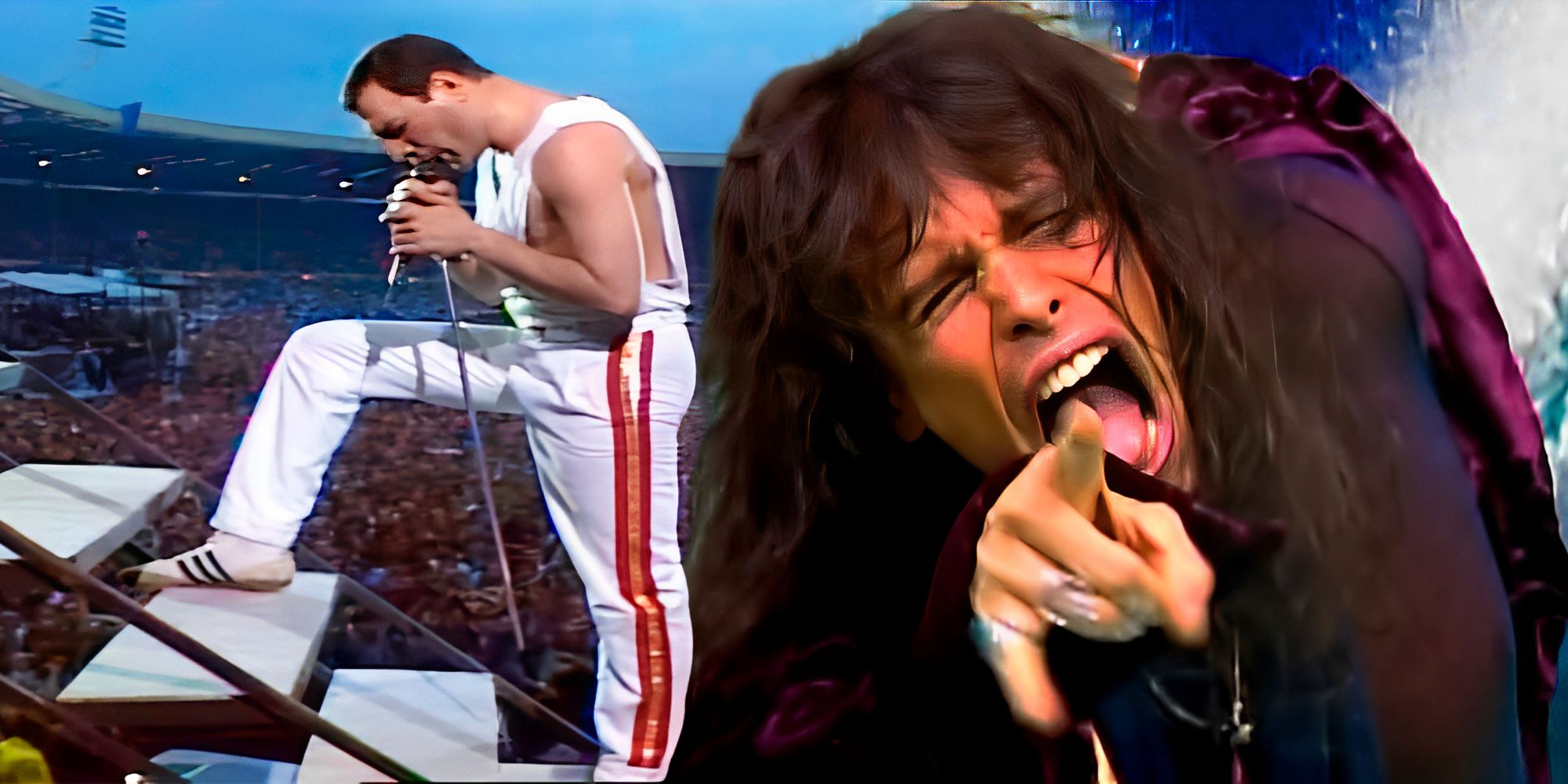
Related
10 Classic Rock Songs With Over 1 Billion Streams On Spotify
Spotify may be a newer platform, but classic rock still holds up against today’s songs, as plenty of tunes have reached over one billion streams.
It’s rare to hear a lyrical love letter addressed to a place rather than a person, but Joel finds a way to tap into that spirit that’s genuine and sincere. He visualizes the way through words that a location like New York City can seem like it has a living, breathing heartbeat, and makes the listener feel like they’re coming home, too, sensing remorse for what they’ve missed in the meantime. “New York State Of Mind” is a perfectly smoky, jazzy, weary reunion.
9
My Life, 52nd Street (1978)
Playing By Your Own Rules
An upbeat grooving piano number in a style that’d make Elton John proud, Joel’s “My Life” was a highlight of his 1978 album 52nd Street that was still jazzy but full of upbeat, pop-leaning instrumentation (including Chicago band members Peter Cetera and Donnie Dacus on backing vocals). The track seems to reference the disillusionment brought on by the supposed American Dream and defends the choices made on alternative paths.
Lyrically, “My Life” has a feel-good anthem quality brought on by defending the freedom of one’s own decisions. They might get judged either way, but it is your choice to make the decisions that you’ve decided will make you happy or peaceful as the person that you are. You get the space to make life your own place, and others can speak their mind, but not on your time. That is the nutshell within “My Life.”
10
The Longest Time, An Innocent Man (1983)
A Retro Ode To Love
Another cut on Joel’s 1983 LP, An Innocent Man, inspired by the music of his youth, “The Longest Time” embraces the doo-wop, a cappella stylings of acts like Frankie Lymon and the Teenagers. Originally intended to feature a vocal group backing Joel, he and producer Phil Ramone decided to have Joel do all the parts himself, resulting in the musician singing in fourteen different ranges that he later said were inspired by various self-invented characters he created.
“The Longest Time” lyrically is a sweetly free-spirited look at being in love not only with someone, but with the idea of the sweet freedoms of youth as well. The vibe of the track feels like Frankie Lymon or Frankie Valli, band in tow, snapping their fingers by a light pole, just singing for the joy of living, loving, and existing. There doesn’t need to be a metaphor or layers of meaning, just happiness can be enough.





